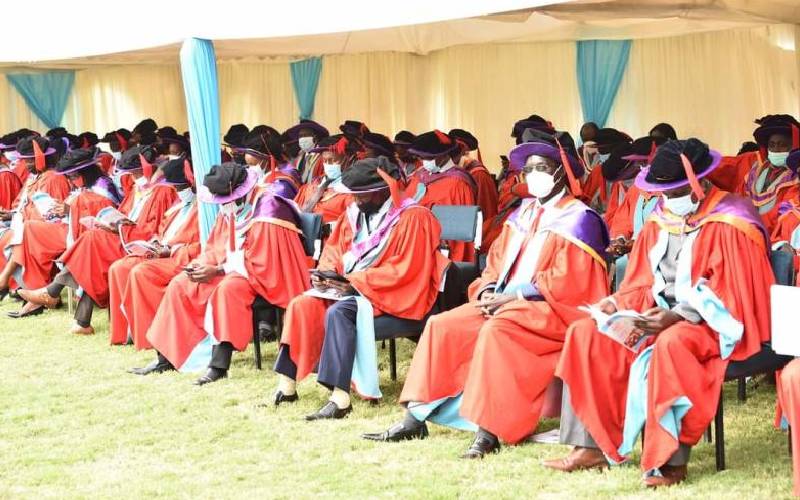×
The Standard e-Paper
Fearless, Trusted News

The 66th University of Nairobi graduation ceremony at the main campus on December 17, 2021. [Jenipher Wachie, Standard]
Over the last decade, the amount of money the government paid to its employees grew substantially.